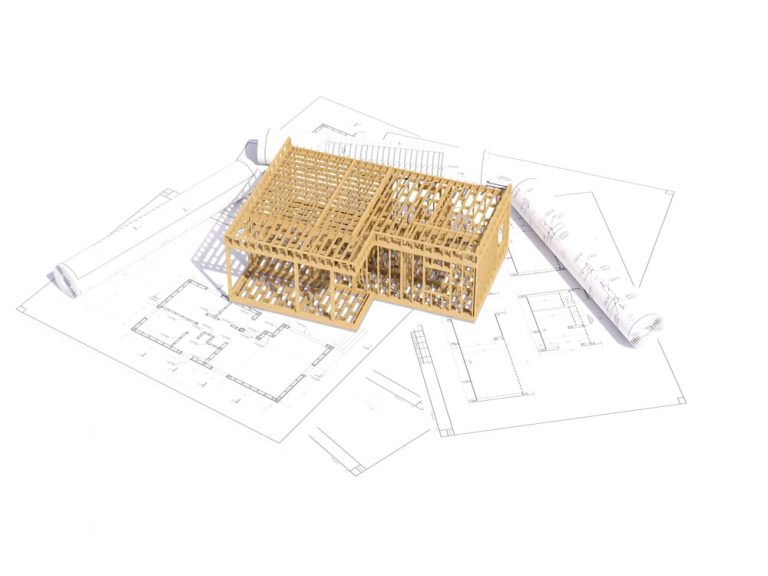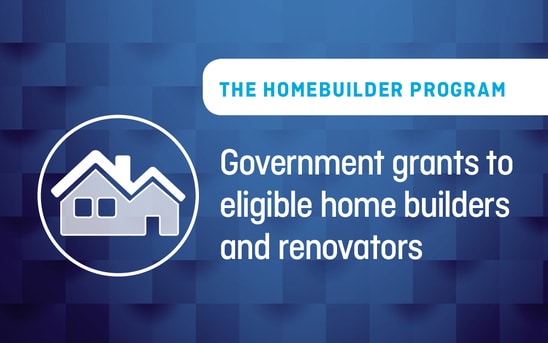First-home buyers (and even second- and third-home buyers) are often baffled by the jargon used by real estate industry professionals. This can result in expensive misunderstandings unless you take the time to learn the lingo.
Here are some frequently misunderstood terms and concepts you should familiarise yourself with before you begin searching for your dream home.
Conveyancing
Conveyancing involves transferring the ownership of a property from the seller to the buyer. Both the buyer and seller use a conveyancer or solicitor, who makes sure their legal rights are protected – and obligations met – during the transaction.
Lender’s Mortgage Insurance
Borrowers often mistakenly believe Lender’s Mortgage Insurance is designed to protect them, when in fact it protects the lender.
Lenders prefer borrowers to have a 20 per cent deposit. This provides a buffer for the lender if you stop making repayments and they sell your property for less than its original value.
Lenders generally only provide mortgages to those with less than a 20 per cent deposit if they pay for Lender’s Mortgage Insurance. This involves the borrower paying premiums on an insurance policy that guarantees the lender won’t be out of pocket if the borrower stops making repayments.
If you want a policy that protects you, the borrower, you’ll need to take out mortgage protection insurance. This will cover your repayments if you become ill or unemployed.
Cooling-off period
Cooling-off periods are not the get-out-of-gaol-Complimentary card people often imagine them to be. If you put in an offer that’s accepted (i.e. start a ‘private treaty’ sale), you’ll typically have 3-5 business days to change your mind without incurring any major costs. (Depending on where the property is, you will usually still have to pay 0.2-0.25 per cent of the purchase price as a penalty for backing out.)
The exception is Western Australia and Tasmania; neither currently have cooling-off periods – you’re on the hook for the full amount as soon as you sign the contract.
There is also no cooling-off period with auctions. If you’re the successful bidder, you’ll have to provide a 10 per cent deposit immediately and the remainder within the timeframe specified in the contract.
Offset vs redraw
Once you’ve bought your home, your mortgage lender may offer the option of a mortgage offset account, redraw facility or both.
An offset account involves your mortgage account functioning as a transaction account. Let’s say you have a mortgage of $400,000 and you and your partner are jointly paid $15,000 a month. When your salaries are deposited in your offset account, it reduces (offsets) your mortgage to $385,000. This means you pay less interest on that lower amount – at least until money starts coming out of the account to cover your monthly expenses.
A redraw facility allows you to put extra money into your mortgage then withdraw (‘redraw’) it later. For example, you could put an annual bonus of, say, $20,000 on your mortgage. You can leave the money there to stay ahead on your repayments or later redraw all or part of that $20,000 to, for instance, buy a new car.
Fixed vs variable rates and split loans
Most lenders offer borrowers fixed or variable rates or a combination of both. A fixed rate means you pay a set interest rate and a set amount of money for an agreed amount of time. This provides certainty for borrowers on a tight budget or the ability to lock in a lower rate if you think rates will rise. A variable rate fluctuates depending on market interest rates, with the flexibility to make additional repayments and redraw.
You may like to hedge your bets with a split loan, which means a fixed interest rate applies to a certain proportion of your loan and a variable interest rate to the rest.
Interest rate vs comparison rate
The headline interest rate is not necessarily the rate borrowers actually pay. The comparison rate accounts for any fees and charges on top of the advertised rate.
Buying your first home can be a steep learning curve. If you’d like some help preparing your finances for a first or subsequent property purchase, please call us.







































































